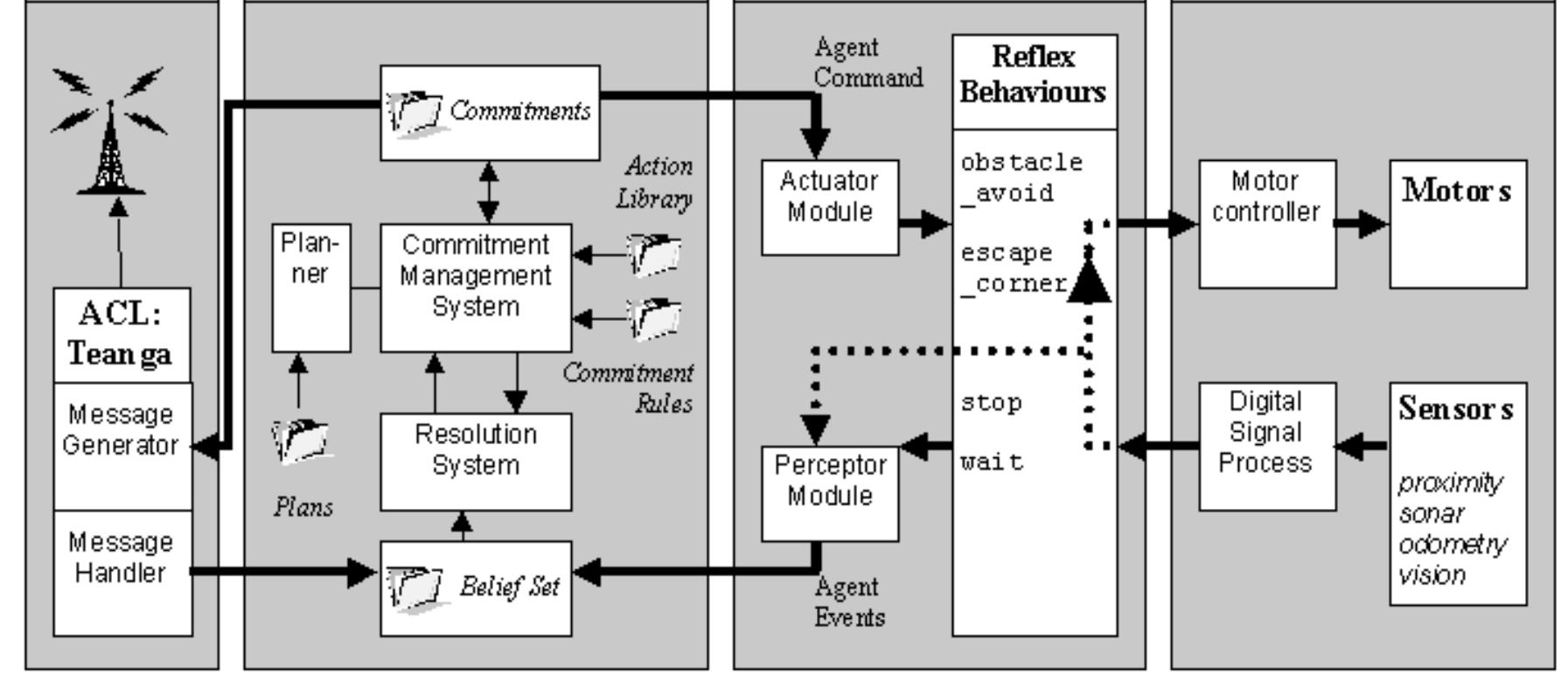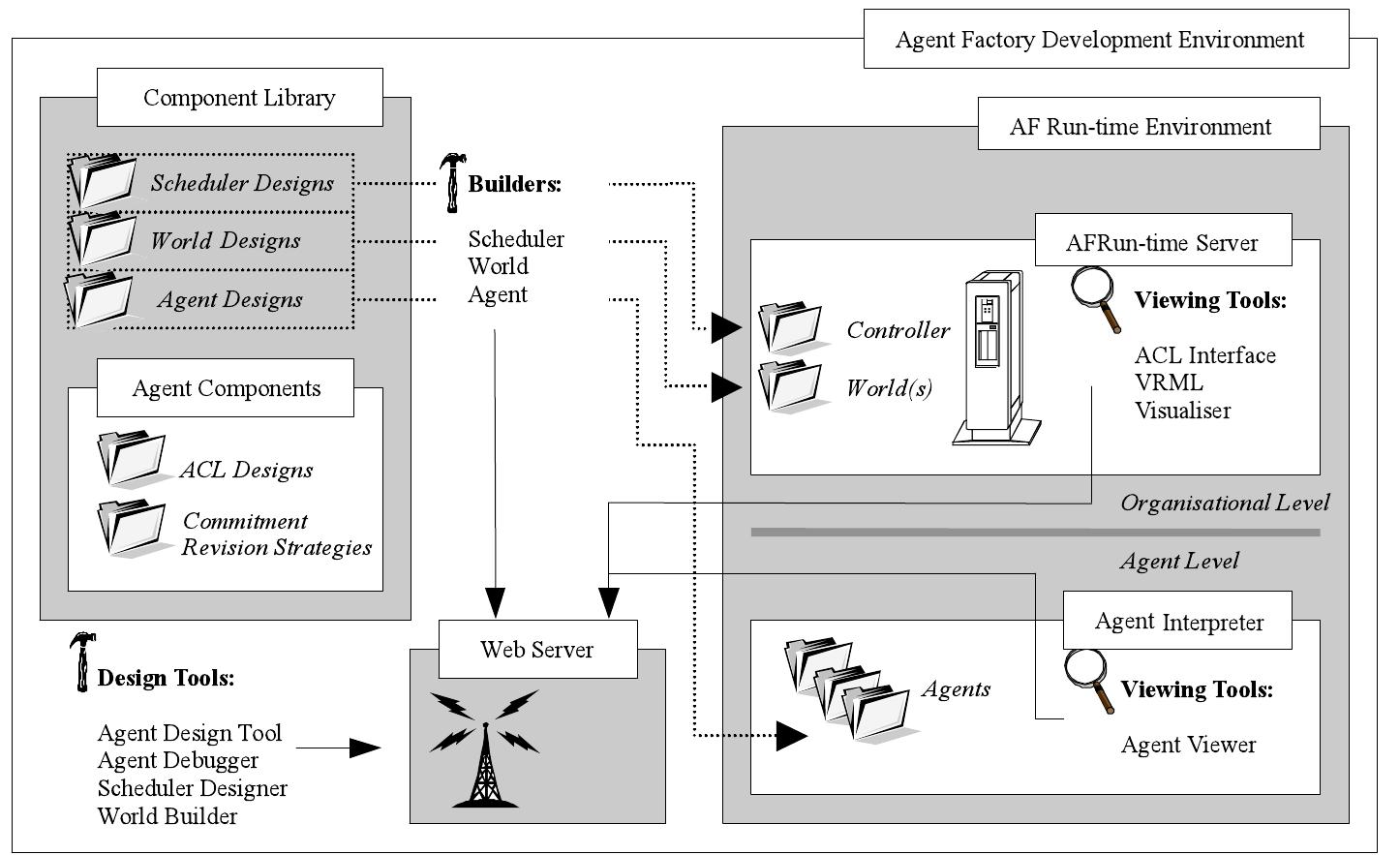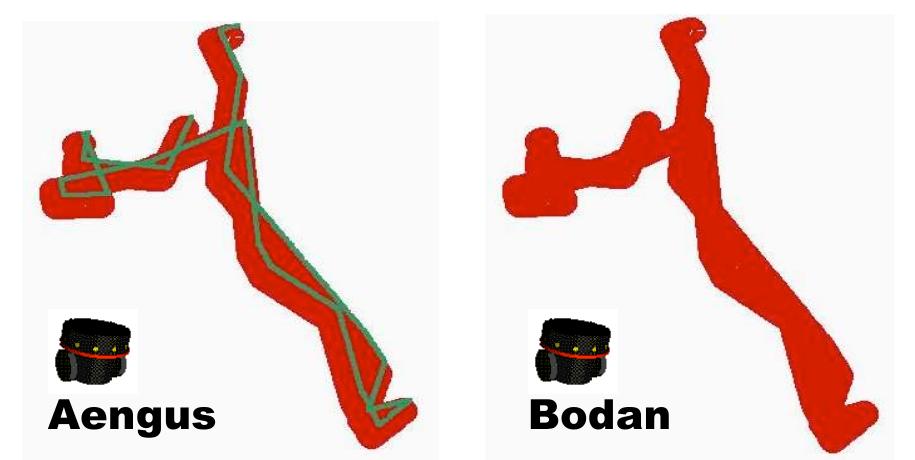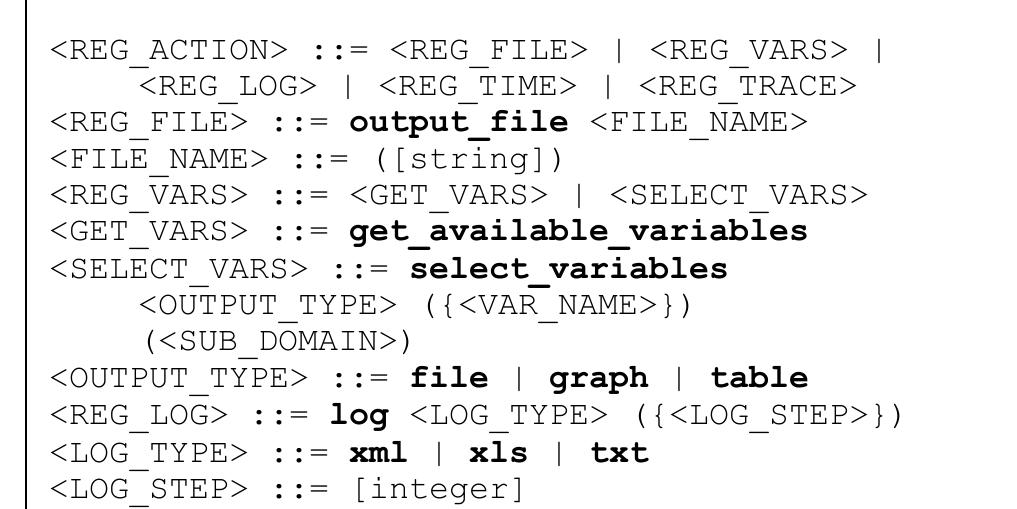Key research themes
1. How do Agent Communication Languages (ACLs) balance formal semantics and agent autonomy to enable effective multi-agent interaction?
This research area focuses on the development of well-defined semantics for ACLs that reconcile the need for clear meaning and interoperability with the inherent autonomy and heterogeneity of agents. The challenge is to establish communication protocols that allow agents to coordinate, negotiate, and collaborate meaningfully in open, dynamic environments without assuming internal mental states are fully accessible or shared. This theme is crucial for enabling scalable, interoperable multi-agent systems in practice.
2. What domain-specific and practical communication languages and protocols support efficient agent interaction in specialized multi-agent systems?
This research theme investigates the design and specification of tailored ACLs and communication languages that address domain-specific requirements and system constraints, such as embedded intelligent buildings, ecological simulations, semantic web integration, or multi-agent protocol enactment. The goal is to provide languages that are computationally efficient, flexible, and capable of expressing necessary multi-agent interactions, while often incorporating hierarchical or declarative approaches.
3. What are the methodological and practical challenges in developing and deploying conversational agents, and how do communication languages influence their design and implementation?
This theme covers the intersection of natural language processing, conversational agent (CA) development tools, and underlying communication protocols, focusing on practitioner challenges, development processes, and technology selections in building effective conversational systems. It highlights gaps between academic research and industry practices, the role of ACLs or dialog management languages, and emerging trends affecting CA lifecycle and capabilities.























